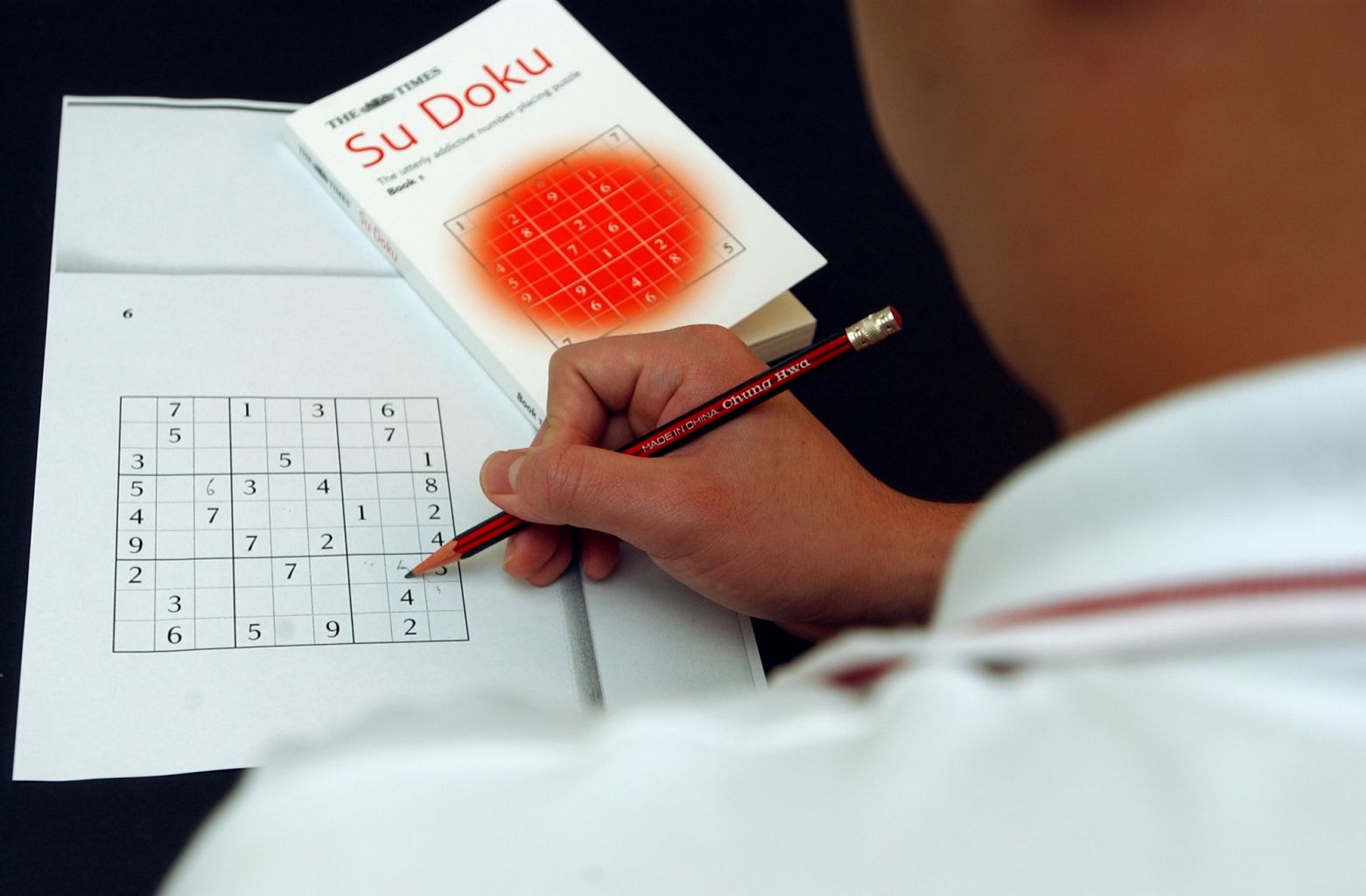Brain training puzzles do not prevent mental decline, new study published by BMJ says
Sign up now: Get ST's newsletters delivered to your inbox

Brain puzzles like Sudoku can increase cognitive abilities, but do not prevent mental decline, a British study found.
ST PHOTO: SHAHRIYA YAHAYA
Follow topic:
Problem-solving games like Sudoku and crossword puzzles are often suggested as activities that could fend off mental decline.
However, a new study published by the BMJ, formerly known as British Medical Journal, on Monday (Dec 10) says that might not necessarily be true.
While those who engage in puzzles and other intellectual activities have higher mental abilities, their cognitive abilities do not decline any slower than those who do not engage in similar activities, the researchers said.
Engaging in intellectual activities, however, does mean that individuals have a "higher cognitive point" from which to decline.
The research was conducted by a team led by Roger Staff from the Aberdeen Royal Infirmary and the University of Aberdeen in Scotland and looked at 498 people born in 1936 who had participated in a group intelligence test at the age of 11.
For the recent study, the participants were recalled for memory and mental processing speedtesting when they were about 64 years old. They did these tests up to five times over a 15-year period.
The results of the study found that problem-solving activities did not protect individuals from mental decline, although engaging in intellectually stimulating activities was linked to higher levels of cognitive ability in old age.
The researchers noted that no causal links between intellectual activities and mental decline could be conclusively drawn, and many of the participants were unable to complete the whole study. Some of the participants dropped out, and others died before the completion of the study.
There have been studies in the past which have found that cognitive training can improve some aspects of memory and thinking, particularly for people who are middle-aged or older.
No studies so far have definitively shown that brain training can prevent dementia.
Last year, a report from the Global Council on Brain Health recommended that people should participate in stimulating activities such as learning a musical instrument or gardening, rather than brain training activities.
These activities would help their brain function in later life, the report said.
Alzheimer's Research UK's chief scientific officer David Reynolds told the BBC that the research would be added to the ongoing debate about brain training and mental decline.
"In addition to staying mentally active, keeping physically fit, eating a healthy balanced diet, not smoking, drinking within recommended guidelines and keeping weight, cholesterol and blood pressure in check are all good ways to support a healthy brain as we get older."

